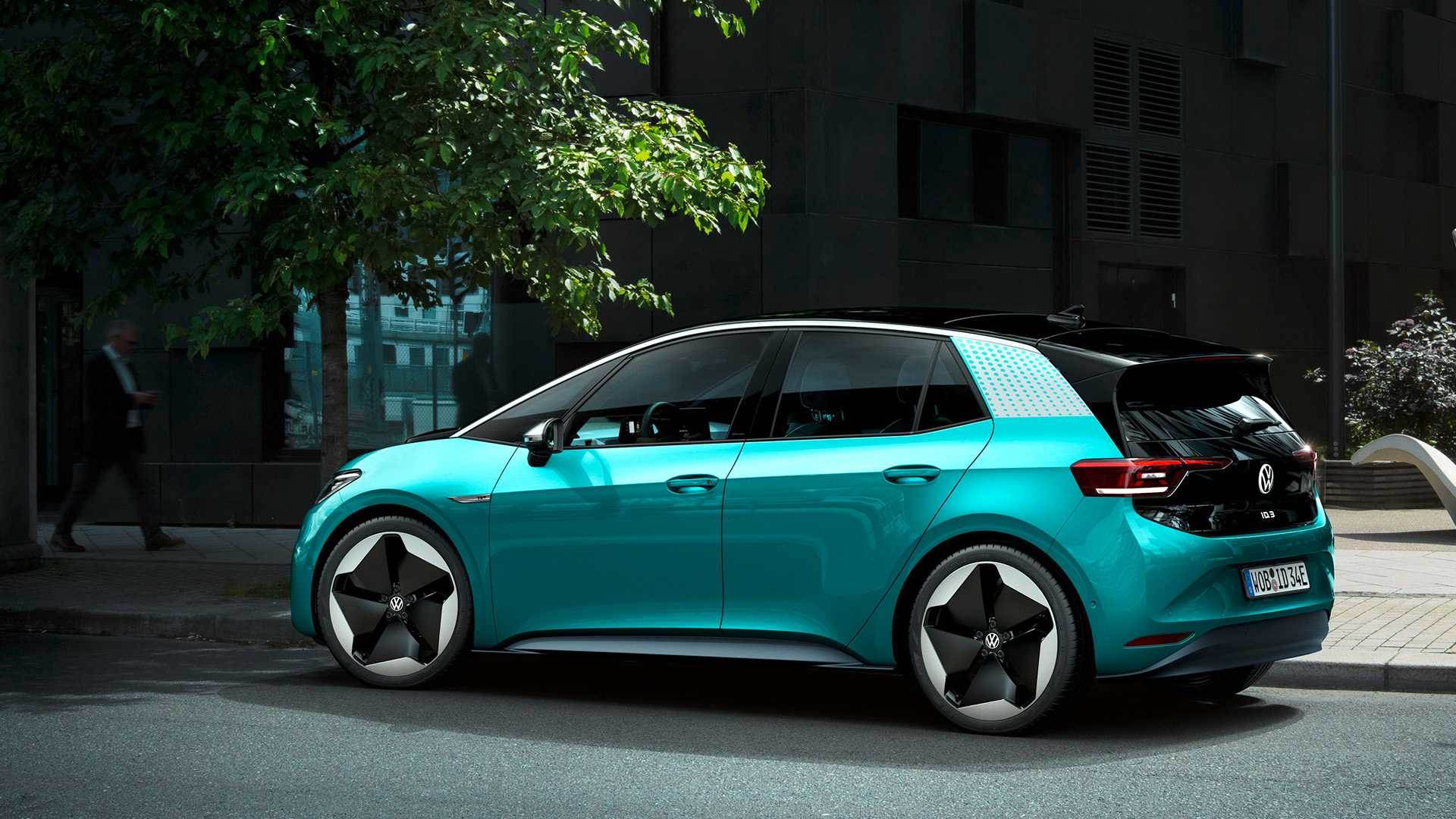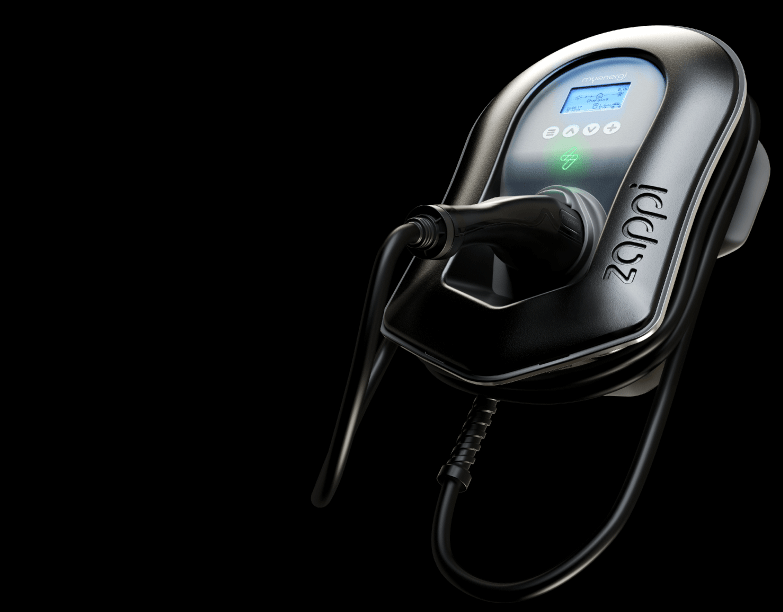How much is electric car insurance?

Running costs of EVs
With the demand for electric cars on the rise it is no wonder that some of the most commonly asked questions is that around running costs range and other additional costs such as tax insurance and servicing. Within this guide we aim to help you understand the overall cost of of owning an electric vehicle and insuring one. It is no surprise that one of the most frequently asked questions is how much is electric car insurance? While the answer isn’t such a black and white, our guide does give you a good overview regarding the average cost of an insurance premium for an electric vehicle compared to that of a standard combustion engine vehicle.
Of course, when assessing the costs of taxing, insuring and servicing your EV, you should also take into account the huge savings which you will be making on fuel costs compared to a combustion engine vehicle. When taking into account the reduction in fuel costs and tax, electric vehicles do typically come out as the cheaper option when it comes to the overall cost of ownership over a five-year period.
How much is electric car insurance?
Through extensive research, we found that the average premium price for an electric car is £470, which is compared to the average price of £417 for a typical standard combustion engine car.
What are the benefits of owning an electric car?
Eco friendly
There are an array of benefits that come with the ownership of an electric car, the most obvious of these being that they are better for the environment by producing zero emissions. This of course, in city tax areas such as the London Congestion Charge means that you do not have to pay that additional expense. Most buyers who are looking to switch to electric cars are those with an eco-conscious background and are looking for a more green option to help the planet.
Cost savings
When it comes to those who are making a purchase decision based on cost electric vehicles have no road tax which in some circumstances can save you up to £1,000 a year just on this expense. The annual flat rate on a new combustion engine vehicle is £155, so at a minimum, by owning an electric vehicle you are saving on this. They are also cheaper to run, costing around 2-3p per miles to run, which is considerably less than the average 16p per mile for petrol and diesel vehicles.
Less maintenace
With an electric vehicle, you do not need to worry about regular oil changes or periodically changing incidental parts such as fan belts, gaskets and radiator hoses. Some electric car owners have even reported driving their vehicles 70,000 miles or more on original brake pads.

Different types of car insurance
Comprehensive car insurance
Comprehensive car insurance is the most premium level of insurance you can get. It covers you against all claims to your vehicle and another parties. Providing all of the details you have submitted to the insurance company are accurate.
Comprehensive car insurance will typically cover you for:
- Repair or replacement costs if your car’s damaged
- Repair or replacement costs if your car’s stolen or catches fire
- Claims made against you for people, passengers and their property

Third party, fire and theft
This is an intermediate level of cover which does not cover Repairs are costs to your own vehicle but it does cover other road users people and their are property. therefore if you are at fault for an accident your insurance company will cover the costs of the damage to the other parties vehicle and any medical costs associated to them but any damages to your own vehicle would not be covered. the only instance where this level of insurance covers your own vehicle is if it is involved in a theft or is damaged by fire.
Third party only
Third party only is the most basic level of insurance provided within the UK it is the lowest level that you are allowed to legally drive your own vehicle on it covers the costs and repairs to another parties vehicle but your own vehicle will not be covered at all. unlike a third party fire and theft third party only insurance does not cover you if your vehicle is stolen or damaged by fire. essentially any repair which may need to be undertaken on your own vehicle will not be covered on your insurance policy.
What factors go into an electric car insurance quote?
As with typical standard combustion engine vehicles electric car insurance quotes are dependent on a number of factors. two people insuring the same car at the same household can have different insurance quotes for example, which could be based on their difference in age, occupation or they’re driving history. when inputting your details to generate an insurance quotes whether this before a standard vehicle or an electric vehicle the following factors will all be taken into account:
- Your annual mileage
- Where you park the vehicle during the day and overnight
- Your driving history
- Your age
- Your address
- Your occupation
- Family and living arrangements
- Access to other vehicles
- The vehicle itself, including safety features and value
- The optional coverages you include (e.g., collision, comprehensive)
Why does it cost more to insure an electric car?
It typically costs 12% more annually to insure an electric car than a standard vehicle as electric cars operate differently. As they are newer to the market the cost of parts and labour is much more expensive and specialised. Not all mainstream dealers and garages offer mechanics which can deal with electric vehicles, which does therefore make the cost and demand for the services much higher and unique. Typically an electric car costs more than its standard combustion engine equivalent to purchase outright. Therefore when it comes to your insurance quote the value of the vehicle being insured can be slightly higher which is therefore reflective in your insurance cost. Electric vehicles also have expensive batteries and should your insurance company need to cover the cost of these they are pricey, again this is representative in the price increase of electric car insurance.
More about EVs and FAQs
The average distance an EV can travel is 211 miles. However, this is dependent on numerous factors including the size of the battery in kWh, the vehicles weight & design and ever-fluctuating factors such as the weather.
If you have never run out of petrol when driving, it is unlikely you will run out of battery. The concept of recharging is the same as refilling your vehicle. We’d recommend heading to the nearest charging station when your vehicle reaches between 15-20% capacity. Recharge on a public DC car charger will take between 10-30 minutes dependent on your vehicles charging rates.
In the perfect conditions, an electric vehicle (EV) will use on average around 0.25 kWh per mile, though this figure will fluctuate slightly based on changes in rolling resistance, temperature, wind direction and daily weather conditions.
To maintain the longevity of a vehicle battery it is recommended that you maintain a minimum charge of at least 15-20%. The average distance between charge points in the UK is 6.1 miles meaning the bare minimum charge required would be 4%, though this is not recommended.
620 Miles is the official range of the Tesla Roadster and currently in the top spot for the longest range on an electric car. The average between the top 10 longest range vehicles is 342 miles.
211 miles is the average range of an EV, when comparing 40 of the best selling electric vehicles in 2020. Range is determined by many factors including vehicle weight and the kWh size of the battery.
It would cost £7.77 on average to fully charge an electric vehicle at home and most users would fully charge once per week. This is an average of £31.08 per month.

